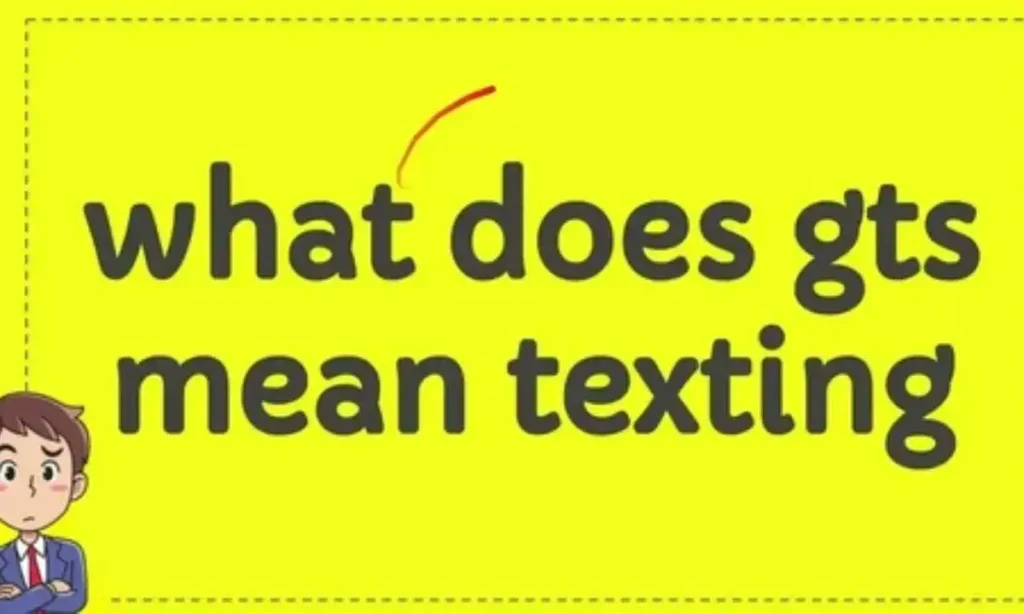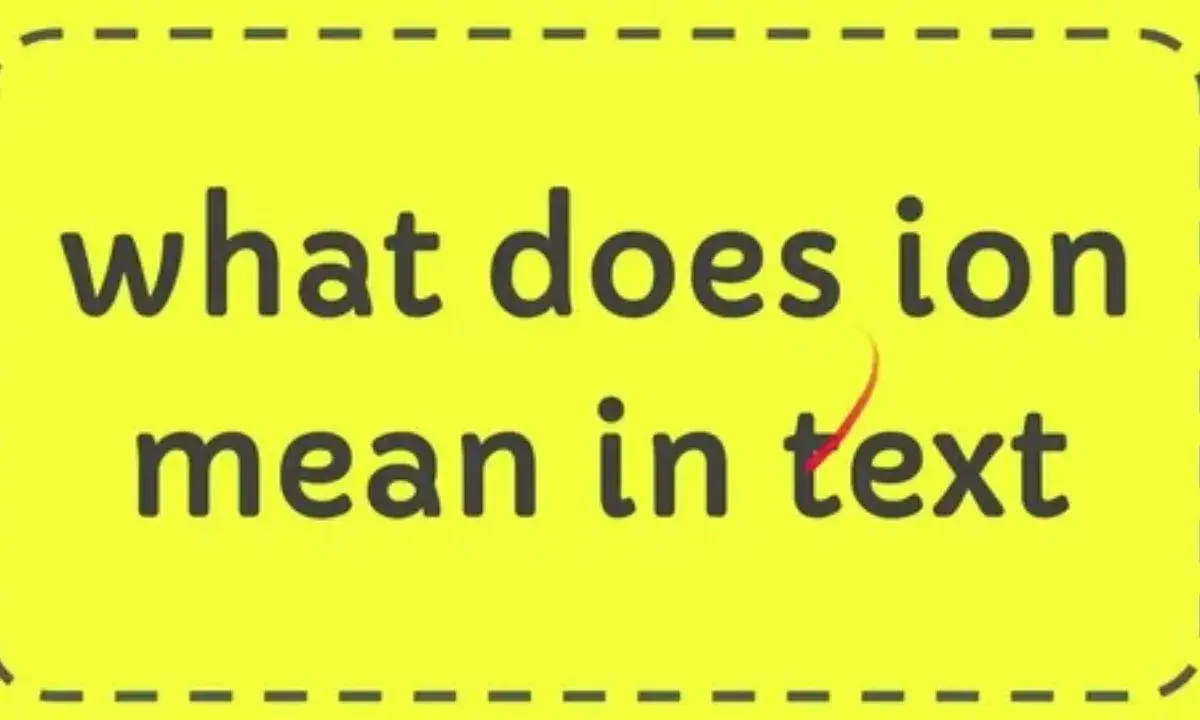Introduction
Have you ever scrolled through a Snapchat story or TikTok comment and stumbled upon the acronym IONK? At first glance, it might look like a typo or a random string of letters. But in today’s fast-moving online culture, shorthand expressions like this carry real meaning.
IONK has become one of those playful, casual slang terms that pop up in text messages, online chats, and social media captions. Understanding its meaning matters if you want to keep up with conversations, avoid confusion, and respond naturally without sounding out of touch.
This guide unpacks everything you need to know: the definition, background, real-world usage, cultural variations, alternatives, misconceptions, and whether IONK is appropriate for professional communication.
Definition & Meaning of IONK
The acronym IONK stands for “I don’t know.”
It’s a slang abbreviation commonly used in texting and online conversations. Instead of typing the full phrase, users shorten it to four letters. The tone is usually casual and lighthearted, often signaling uncertainty without sounding too formal.
Examples:
- “What’s for dinner tonight?” → “IONK, maybe pizza.”
- “Do you think she likes me?” → “IONK, ask her lol.”
Distinction Between IONK and IDK
- IDK = “I don’t know” (standard shorthand, widely understood).
- IONK = “I don’t know” (less formal, more playful, often seen in youth conversations).
Where IDK feels straightforward, IONK adds a slightly casual, trend-driven vibe.
Background & History
Slang terms often evolve from the need for speed and simplicity in digital communication. Just like LOL, BRB, or TTYL, IONK fits into the tradition of texting acronyms that gained traction in the early 2000s.
- Early internet slang: Acronyms like IDK and IMO became standard in chat rooms and SMS culture.
- Evolution: Variants like IONK emerged as younger users experimented with alternative spellings to make their conversations stand out.
- Social media influence: Platforms like Snapchat, TikTok, and Discord amplified usage, turning what might have been a niche acronym into a widely recognized shorthand.
Today, IONK is part of the living dictionary of Internet slang, shaped by youth-driven communities.
Usage in Various Contexts
The meaning of IONK doesn’t change much, but context affects tone.
Everyday Conversation
Friends use IONK in group chats, quick replies, or casual banter. It communicates uncertainty without the need for explanation.
Social Media Platforms
- TikTok/Instagram captions: Used when someone posts a funny or confusing clip. Example: “Why did he do that? IONK 😂.”
- Twitter/X comments: Dropped in replies when users don’t have a clear answer but want to stay engaged.
- Snapchat: Sent in direct snaps or stories for short, fast-paced conversations.
Gaming & Online Communities
In gaming chats, IONK often appears when players are unsure about strategy or game updates.
Professional Environments
Rarely suitable. While IDK might sometimes slip into workplace chat apps like Slack, IONK is too informal for professional use.
Common Misconceptions & Clarifications
Like many slang terms, IONK comes with confusion.
- Not a typo: Some assume IONK is a mistaken form of IDK. It’s not — it’s an intentional abbreviation.
- Not the same as ION: ION often means “In Other News” or “I don’t.” IONK, however, always translates to “I don’t know.”
- Not universally understood: While popular in youth-driven spaces, older generations or non-English speakers might find it confusing.
Similar Terms & Alternatives
Here are a few alternatives people use in similar contexts:
- IDK – Most common and widely understood.
- Dunno – Informal, often spoken but also written in texts.
- No clue – Slightly more emphatic than IDK.
- Not sure – Neutral tone, usable in both casual and professional contexts.
Quick Comparison Table
| Term | Full Meaning | Tone/Usage | Popularity |
|---|---|---|---|
| IONK | I don’t know | Playful, casual, digital slang | Moderate |
| IDK | I don’t know | Standard, widely recognized | High |
| Dunno | I don’t know | Very casual, spoken slang | Moderate |
| No clue | I have no idea | Emphatic, casual | Moderate |
| Not sure | Unsure | Neutral, usable professionally | High |
How to Respond to IONK
When someone texts you IONK, the right response depends on tone and context.
- Polite response: “No worries, I’ll figure it out.”
- Casual/friendly: “Same lol.” or “Haha, me neither.”
- Helpful: “IONK either, but I can check.”
- Professional setting (if it slips in): Respond with clarity, e.g., “Let me look into that.”
Regional or Cultural Differences
Slang like IONK tends to spread quickly across English-speaking communities online, but its recognition varies:
- United States & UK: Common among teenagers and young adults.
- Other regions: Less common, as IDK remains dominant.
- Cultural tone: In some cultures, admitting “I don’t know” might be avoided, while in Western online spaces it’s casual and acceptable.
Comparison with Similar Terms

Let’s break down IONK compared to IDK and Dunno:
| Acronym | Formality | Clarity | Common Platforms | Risk of Misunderstanding |
|---|---|---|---|---|
| IONK | Informal | Medium | TikTok, Snapchat, Discord | High (not everyone knows it) |
| IDK | Neutral | High | All texting & social apps | Low |
| Dunno | Informal | High | Chat, speech, casual texts | Low |
Usage in Online Communities & Dating Apps
Online Communities
On platforms like Discord, Reddit, or gaming chats, IONK is a quick shorthand when someone doesn’t have an answer. Its tone often leans playful, keeping conversations light.
Dating Apps
Here, usage can be risky. For example:
- Profile bio: “Favorite movie? IONK lol.” → Shows casual personality.
- Chat: “Where do you want to meet?” → “IONK, you choose.” → Might come across as indecisive.
In dating contexts, clarity matters, so overusing IONK may not leave the best impression.
Hidden or Offensive Meanings
Unlike some acronyms, IONK doesn’t carry an offensive meaning. Still, there are things to note:
- In certain online groups, slang can shift. Always check tone.
- Overuse might come across as lazy or dismissive, especially in serious conversations.
Suitability for Professional Communication
IONK is not recommended for workplace or academic writing.
Why?
- It lacks universality — many professionals won’t recognize it.
- It comes across as too casual and youth-driven.
- Alternatives like I’m not sure or I’ll check are clearer and more professional.
Example:
❌ Wrong: “IONK, maybe next week.”
✅ Right: “I’m not sure, but I’ll confirm tomorrow.”
FAQs
Is IONK offensive?
No. It’s harmless, but very informal.
Can I use IONK at work?
No, use clearer alternatives like Not sure or I’ll check.
What’s the difference between IONK and IDK?
IONK is more playful and less common. IDK is widely recognized and professional enough for some casual workplaces.
Where is IONK most used?
Social media apps (TikTok, Snapchat, Discord) and texting among younger audiences.
Should I avoid IONK?
Not necessarily — but use it in the right setting (casual chats). Avoid in formal communication.
Conclusion
The acronym IONK may look confusing at first, but it simply means “I don’t know.” It’s part of the evolving slang dictionary of online communication, showing how young people adapt language to be faster, shorter, and more playful.
- In casual spaces like TikTok, Snapchat, and group chats, IONK adds a lighthearted vibe.
- In professional or formal settings, stick to clear alternatives like Not sure or I’ll check.
- Understanding it helps you stay connected, avoid misunderstandings, and engage naturally in modern digital spaces.
Language is always evolving, and acronyms like IONK remind us how creativity shapes communication. Next time you see it pop up in a text, you won’t be left guessing.

Ember Clark is an expert blogger passionate about cartoons, sharing captivating insights, trends, and stories that bring animation to life for fans worldwide.

